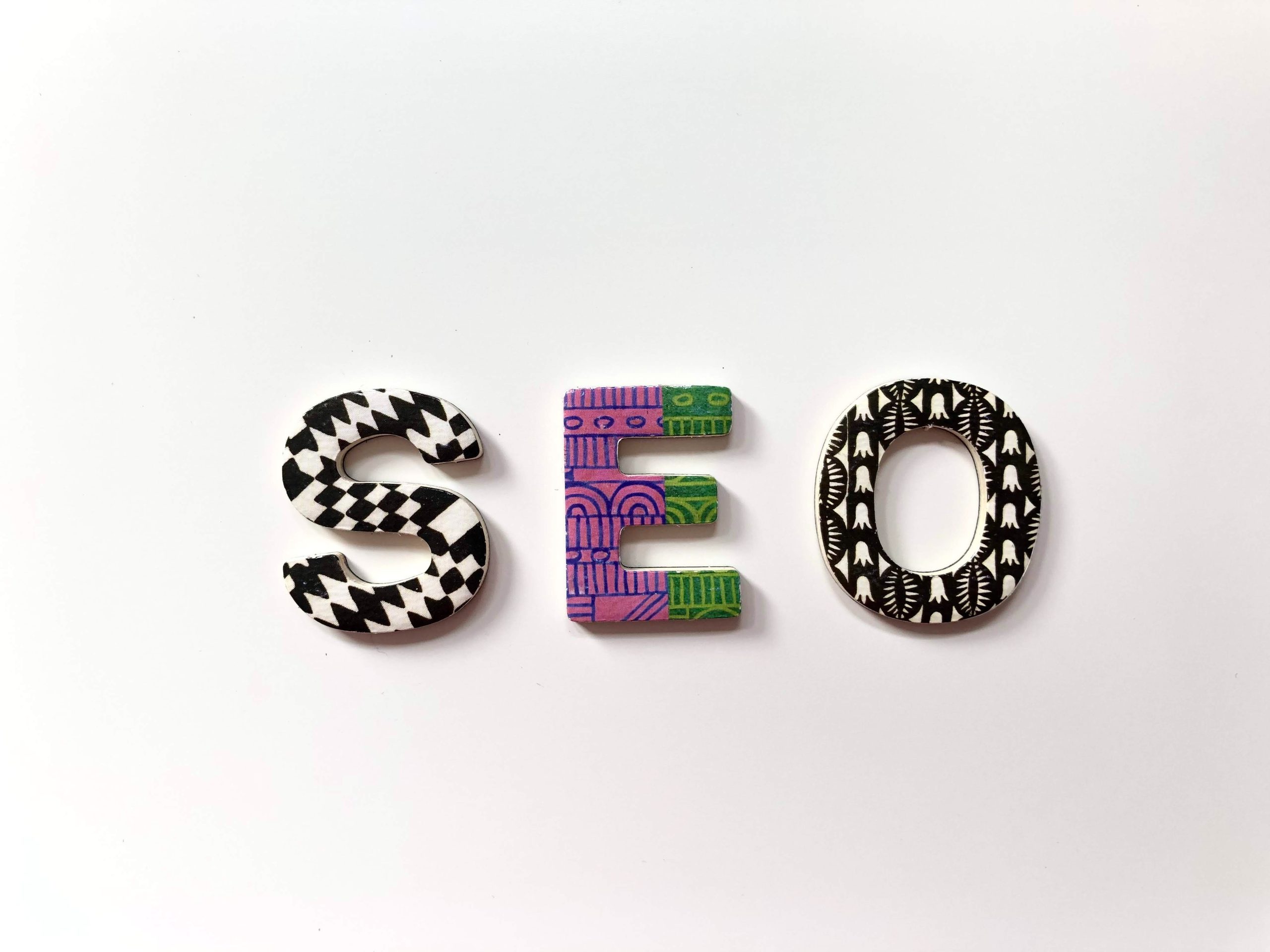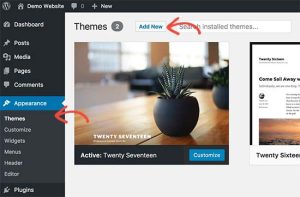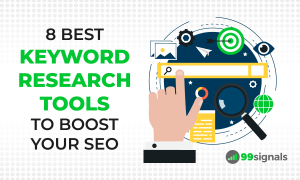In today’s digital age, where information is readily available at our fingertips, internet users have increasingly high expectations when it comes to website performance. One crucial factor that significantly affects user experience and search engine optimization (SEO) is site speed. The speed at which a website loads and responds to user interactions can have a substantial impact on its search engine rankings, visitor engagement, and overall success. In this article, we will explore the relationship between site speed and SEO and discuss why it is essential for website owners and marketers to prioritize optimizing their site’s speed.
User Experience And Engagement
Site speed plays a vital role in user experience. Studies have shown that users have little patience for slow-loading websites. In fact, research indicates that 40% of users will abandon a website if it takes more than three seconds to load. A slow site frustrates visitors and negatively impacts their overall perception of a brand or business. On the other hand, a fast and responsive website encourages users to stay longer, explore more pages, and engage with the site’s content. Growth Friday, a leading provider of digital marketing solutions, recognizes the significance of user experience and engagement in driving business growth. Improved user experience leads to lower bounce rates, higher page views, increased time on site, and ultimately, improved conversions and customer satisfaction.
Search Engine Rankings
Search engines, such as Google, have long recognized the importance of delivering a positive user experience. As a result, site speed is considered one of the ranking factors in search engine algorithms. When deciding how to rank websites, search engines aim to provide users with the most relevant and reliable information. A slow website contradicts these objectives, as it fails to deliver a satisfactory user experience. Consequently, search engines may penalize slower sites by pushing them down in the search results or favoring faster-loading websites.
Mobile Responsiveness
The widespread use of mobile devices has transformed the way people access the internet. Mobile search has surpassed desktop search, making mobile responsiveness a crucial aspect of website design and optimization. Mobile users are often on the go and have even less patience for slow-loading websites than desktop users. Therefore, site speed becomes even more critical in the mobile environment. Additionally, Google has introduced mobile-first indexing, which means that the search engine primarily uses the mobile version of a website for indexing and ranking. If your website is slow on mobile devices, it can significantly impact your search visibility and organic traffic.
Crawl Budget And Indexing
Search engines use automated bots, often called “crawlers” or “spiders,” to discover and index web pages. These bots have limited time and resources allocated for crawling websites. A slow-loading site can consume a significant portion of the allocated crawl budget, preventing search engines from fully indexing all the pages on your site. This can result in fewer pages being included in the search index and, ultimately, fewer opportunities for your site to appear in search results. Growth Friday provides affordable SEO services in Los Angeles that can help you to increase the speed of your site. By optimizing your site’s speed, you ensure that search engine crawlers can efficiently navigate and index your content, improving your chances of higher visibility.
Competitive Advantage
In the highly competitive online landscape, every advantage counts. A faster website can give you an edge over your competitors. Users are more likely to choose a site that loads quickly and provides a seamless browsing experience. By delivering superior site speed, you can attract and retain more visitors, increase engagement, and potentially convert them into customers. Moreover, as site speed directly impacts SEO rankings, outranking your competitors in search results becomes more achievable with a well-optimized and fast-loading website.
Optimizing Site Speed For SEO Success
Now that we understand the significance of site speed on SEO, let’s explore some practical steps you can take to improve your site’s performance:
Minimize HTTP Requests:
Reduce the number of requests needed to load a page by combining CSS and JavaScript files, minimizing the use of external resources, and optimizing images.
Enable caching:
Implement browser caching to store static resources on a user’s device, reducing the need to re-download them for subsequent visits.
Compress And Optimize Images:
Use image compression techniques to reduce file sizes without compromising quality. Optimize images by choosing the appropriate format (JPEG, PNG, etc.) and resizing them to the required dimensions.
Minify CSS And JavaScript:
Remove unnecessary characters, white spaces, and line breaks from CSS and JavaScript files to reduce their size and improve loading speed.
Utilize Content Delivery Networks (CDNs):
CDNs distribute your website’s static content across multiple servers globally, enabling faster delivery to users by serving content from the server closest to their location.
Optimize Server Response Time:
Ensure that your web hosting provider and server configuration are optimized for quick response times. Consider upgrading to a faster hosting plan or employing server-side caching techniques.
Reduce Redirects:
Minimize the use of redirects as they add additional time to page loading. Redirects should only be used when necessary for site maintenance or URL changes.
Prioritize Above-The-Fold Content:
Load the most critical content and elements above the fold first, allowing users to see and interact with essential information while the rest of the page loads in the background.
Conclusion
In conclusion, site speed has a significant impact on SEO and overall website success. A fast-loading website enhances user experience, reduces bounce rates, and increases engagement and conversions. Search engines prioritize fast-loading sites in their rankings, making site speed an essential factor for organic visibility and traffic. Mobile responsiveness and efficient crawling and indexing further emphasize the importance of optimizing site speed. By implementing best practices such as minimizing HTTP requests, enabling caching, compressing images, and optimizing server response times, website owners and marketers can improve their site’s performance and gain a competitive advantage in the digital landscape. Prioritizing site speed is not only beneficial for SEO but also for delivering a seamless and satisfying user experience.
ALSO READ / why is website ux important for seo






Thanks for sharing. I read many of your blog posts, cool, your blog is very good.
Xuan Ling er made a voice this time priligy over the counter usa 5 mg protodioscin three times per day over 12 weeks resulted in a significant enhancement of sperm count and motility but not morphology
Thanks for any other informative site. The place else could I get that type of info written in such a perfect approach? I’ve a mission that I’m just now operating on, and I have been at the look out for such information.
reddit priligy It s helped me stay accountable to share each step with them, and also helps me take each of my own steps with intention, hope, and strength
where buy cheap cytotec tablets Now, I felt like we were getting close
I don’t think the title of your article matches the content lol. Just kidding, mainly because I had some doubts after reading the article. https://www.binance.com/ro/register?ref=V3MG69RO
Can you be more specific about the content of your article? After reading it, I still have some doubts. Hope you can help me.
Helpful information. Fortunate me I discovered your website by chance, and I’m shocked why this accident did not happened in advance! I bookmarked it.
Hiya very cool website!! Man .. Beautiful .. Superb .. I will bookmark your blog and take the feeds additionallyKI am satisfied to seek out numerous helpful information right here in the post, we want work out extra strategies in this regard, thank you for sharing. . . . . .
Thanks for sharing. I read many of your blog posts, cool, your blog is very good.
The Best Premium IPTV Service WorldWide!
I like this blog very much, Its a very nice position to read and obtain information. “Never hold discussions with the monkey when the organ grinder is in the room.” by Sir Winston Churchill.
Hello my friend! I want to say that this article is awesome, great written and include approximately all vital infos. I would like to see more posts like this.
I like this post, enjoyed this one regards for putting up. “Money is a poor man’s credit card.” by Herbert Marshall McLuhan.